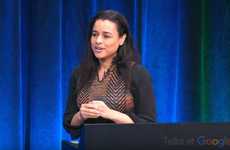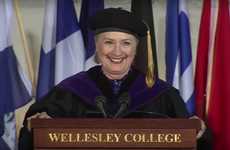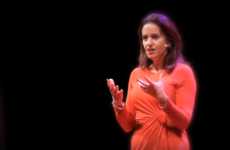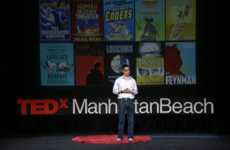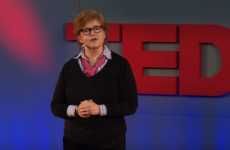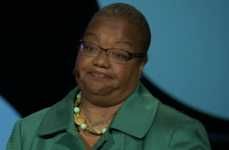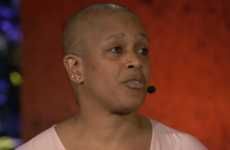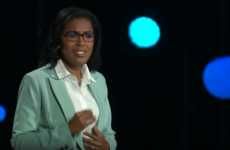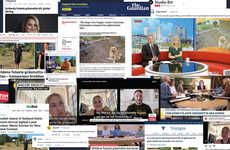
Need Inspiration?
Get inspired by 4,000+ keynote speaker videos & our founder, a top keynote speaker on innovation.
Kelly Richmond Pope's Talk on Whistle-Blowers Honors the Act
Kalin Ned — October 23, 2018 — Keynote Trends
References: kellyrichmondpope & ted
Kelly Richmond Pope is an accounting professor that dabbles in fraud research and her talk on whistle-blowers is absolutely motivational. Her keynote deals with the hostile and the honorable sides of the act. While society encourages the public with slogans like 'if you see something, say something,' it is often the case that speaking out can have grave consequences.
Kelly Richmond Pope encourages her students to come forward in the name of the truth, however, she is conflicted by her own message as she recognizes that "whistle-blowers are under attack." It really becomes an uphill battle, when speaking up can mean demotions, loss of integrity and trustworthiness within the company, death threats, job loss, etc. During her talk on whistle-blowers, the professor eloquently describes these retaliations through case studies. But, as she discovers along the way, there is hope. Research points that 42 percent of frauds are discovered by a whistle-blower and 22 percent of whistle-blowers actually experience retaliation. These numbers are not ideal but hopeful.
Reporting a misconduct can set in motion largely beneficial policies that bring justice and equality. Peter Buxtun, for example, was employed by the US Public Health Service in the 70s, where he discovered that 600 African American males were enticed (with free medical exams and burial insurance) to be a part of a clinical study that monitored the progression of untreated syphilis. Through the course of the study, penicillin was discovered as a medication for the condition, but the participants were not aware of it. Peter attempted to report this a number of times but to no avail, so he went to a reporter and the article ended up on the front page of the New York Times. As a result of this courageous act, participants in studies today have the opportunity to sign informed consent forms prior to medical trials.
Kelly Richmond Pope's talk on whistle-blowers identifies them as hopeful, committed, humble and brave. As a society, we need to cultivate these qualities to reach justice and equality.
Kelly Richmond Pope encourages her students to come forward in the name of the truth, however, she is conflicted by her own message as she recognizes that "whistle-blowers are under attack." It really becomes an uphill battle, when speaking up can mean demotions, loss of integrity and trustworthiness within the company, death threats, job loss, etc. During her talk on whistle-blowers, the professor eloquently describes these retaliations through case studies. But, as she discovers along the way, there is hope. Research points that 42 percent of frauds are discovered by a whistle-blower and 22 percent of whistle-blowers actually experience retaliation. These numbers are not ideal but hopeful.
Reporting a misconduct can set in motion largely beneficial policies that bring justice and equality. Peter Buxtun, for example, was employed by the US Public Health Service in the 70s, where he discovered that 600 African American males were enticed (with free medical exams and burial insurance) to be a part of a clinical study that monitored the progression of untreated syphilis. Through the course of the study, penicillin was discovered as a medication for the condition, but the participants were not aware of it. Peter attempted to report this a number of times but to no avail, so he went to a reporter and the article ended up on the front page of the New York Times. As a result of this courageous act, participants in studies today have the opportunity to sign informed consent forms prior to medical trials.
Kelly Richmond Pope's talk on whistle-blowers identifies them as hopeful, committed, humble and brave. As a society, we need to cultivate these qualities to reach justice and equality.
0.7
Score
Popularity
Activity
Freshness


